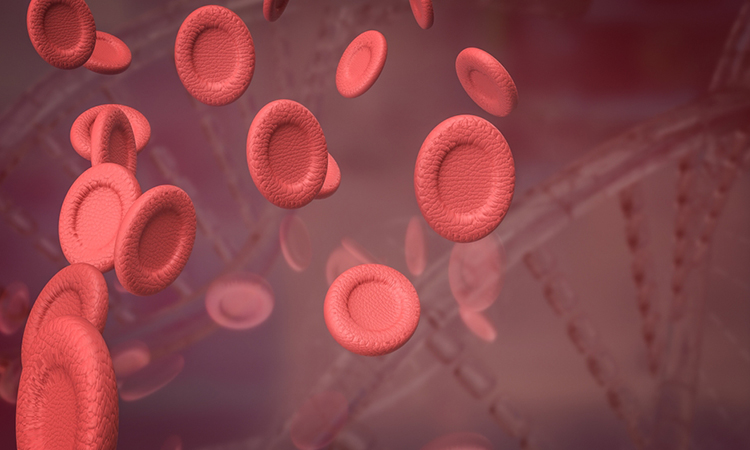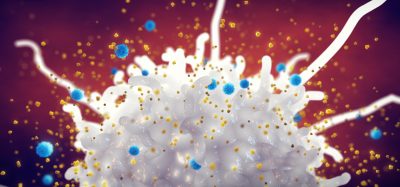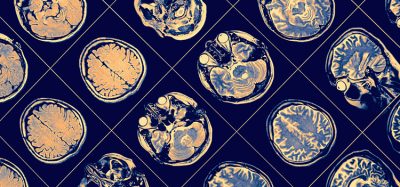Immunity boosting treatment enhances CAR T-cell therapy for blood cancers
Posted: 13 June 2022 | Ria Kakkad (Drug Target Review) | No comments yet
A new study in mice has shown blood cancer treatment with protein interleukin-7 revs up T-cell immunotherapy.


A new mouse study by researchers at Washington University School of Medicine in St. Louis, US, has showed that additional blood cancer treatment with an immunity boosting protein called interleukin 7 (IL-7) after an infusion of genetically modified T cells causes the cancer-fighting CAR T cells to grow in number and become more effective at killing tumour cells. The study was recently published in Nature Communications.
“Many researchers are trying different strategies to enhance the function of CAR T cells in treating blood cancers,” said senior author, Dr John F. DiPersio. “We are interested in IL-7 because we know it is a major driver of T cell expansion. The body makes IL-7 naturally to ramp up the number of T cells when a person gets sick, for example. When we give a long-acting type of IL-7 to tumour-bearing immunodeficient mice soon after CAR-T cell treatment, we see a dramatic expansion of these CAR T cells greater than ten-thousandfold compared to mice not receiving IL-7. These CAR T cells also persist longer and show dramatically increased anti-tumour activity.”
The therapy can be highly effective, but sometimes the CAR T cells are not able to expand enough to kill all the cancer, or they become overstimulated, “exhausting” their ability to function, resulting in their loss of anti-tumour effectiveness.
Therefore, the researchers were interested in whether they could harness the body’s natural way of boosting T-cell numbers to enhance the therapy. But natural IL-7 normally disappears from the body quickly. Consequently, the team tested a modified form of IL-7 that circulates in the body for weeks, making it much more effective at supporting the CAR T-cell expansion.
Investigating two different models of B cell lymphoma in mice, the researchers showed that mice receiving CAR-T cells and long-acting IL-7 survived almost six times longer than mice receiving CAR-T cells alone. Mice treated with CAR T cells alone survived for about one month after therapy. All mice that received long-acting IL-7 soon after the CAR T-cell treatment were still living at the end of an experimental time frame of 175 days. Further, tumour sizes in the mice that had received CAR-T cells and IL-7 were dramatically reduced to the point of being undetectable in most mice by day 35.
“In mice that received the CAR T cells alone, the disease is controlled briefly,” DiPersio concluded. “But by week three, the tumour starts to return. And by week four, they start to look like the control mice that did not receive any active therapy. But by adding long-acting IL-7, the numbers of CAR T cells just explode, and those mice lived beyond the time frame we set for our experiment. Our study also suggests that it may be possible to fine-tune the expansion of the CAR T cells by controlling the number of IL-7 doses that we give.”
Related topics
Cell Therapy, Chimeric Antigen Receptors (CARs), Immuno-oncology, Immuno-oncology therapeutics, Immunology, Immunotherapy
Related conditions
blood cancers
Related organisations
Washington University School of Medicine in St. Louis
Related people
Dr John F. DiPersio








